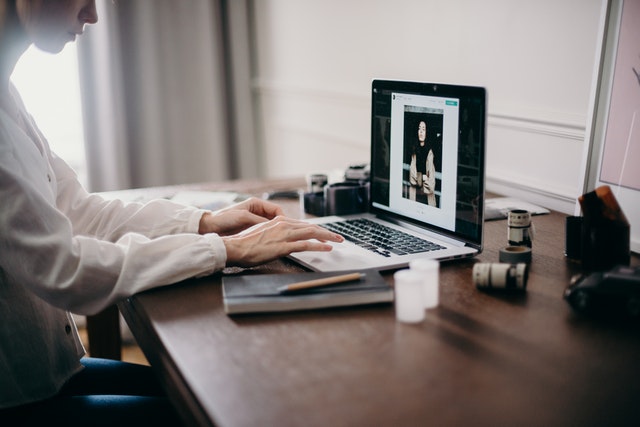Modern society has made it nearly impossible to function without having, at least, some of our personal and business information in digital form. Furthermore, this information is used online for commerce, security, social contact, health, and other transactions. Another reason for the increased visibility of personal information is the rise of social media.
This can include where we live, what we do, where we work, pet’s names, parents’ names, friends’ names and more. We can show these things and not even realize we’re doing it. Consequently, more women are falling prey to issues such as stalking, identity theft, and fraud. After all, people are more likely to know your location or potential passwords to accounts simply based on what you put out there yourself!
Someone can learn a lot about you simply by browsing through your friend list, keeping a note of the places you visit or looking at your academic and professional profiles. This, of course, is concerning, but there are ways to keep your personal information safe online.
Be Aware of What’s Already There
The first step to keep your personal information safe online is to be aware of what you have out there. Go through your social media accounts, website, and any other places you have an online presence. Look at photos to make sure you aren’t showing personal things like a house number, credit card, and other private things. Furthermore, if you have public accounts, be especially careful about what is shared. Remove or edit anything that could be violating your privacy. Do also examine any photos that others have tagged you in.
Think Before You Post
Think about what you’re doing when you’re online. Take a moment to consider content before you post it. Simple steps can make all the difference. Again, if you’re posting a picture, make sure nothing personal like address, street name, or license plate are visible.
If posting birthday pics, consider posting them on a day that isn’t actually your birthday. Avoid giving out your personal email addresses and phone numbers on pages or platforms that the public has access to. If you’re on vacation, avoid posting your pictures until you’re home – otherwise, people will know your house is unoccupied. Make your profiles private rather than public. These steps are straightforward and don’t take much time to implement into your routine.
Use Cyber Security Software
There are plenty of resources such as Phishing Defense to prevent hackers from accessing your computer. This software can also help to prevent the accidental downloading of programs or software that could infect your computer. Use them to your advantage!
Be Careful with Online Purchases
Whenever you purchase things online, you run a risk of someone getting your financial information. That said, there are some things you can do to be safer. First, never give a website your credit card information unless it’s a trusted site with a reputable e-commerce portal. If possible use a Paypal account or another type of online banking system. That way you have a line of defense between your money and an intruder. They will also get your money back if you deal with a fraudulent business.
Never give account passwords or other personal information to anyone who asks for it online, in an email, or over the phone. Reputable businesses won’t ever ask for these things. If you feel uneasy about a transaction or someone you deal with online, listen to your gut. Double-check the reputation of that business or individual before you give them any information or money.
Update Your Software and Websites
Most of us ignore software updates as we’re doing something when alerts pop up. But don’t ignore them for too long. Software updates really don’t take long to implement and they can make a positive difference to your security. Remember, newer versions of the software are less hackable, as cybercriminals haven’t had time to crack into them yet.
If you have a website, make sure to do regular updates of themes, infrastructure, and plugins. Normally, you will get notifications in your dashboard when these are available. Hackers look for vulnerabilities that arise from outdated websites.
 Women's Life Link Be Well, Be Happy, Be YOU!
Women's Life Link Be Well, Be Happy, Be YOU!






